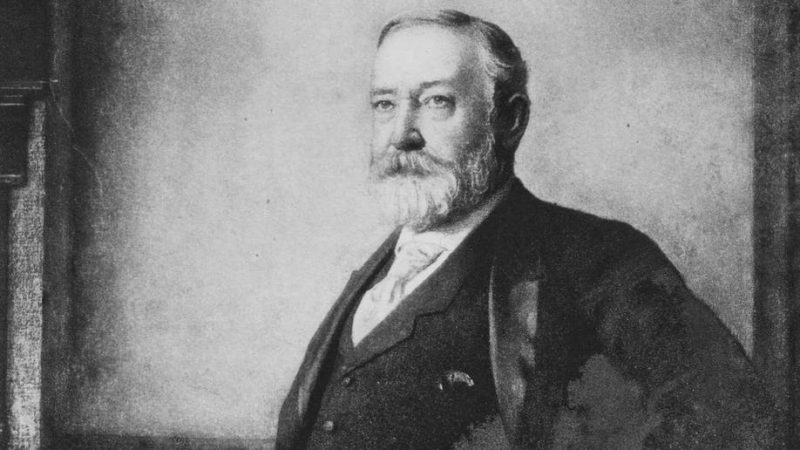In the aftermath of the 1888 presidential election, Benjamin Harrison emerged victorious, winning the White House through the Electoral College despite losing the popular vote. This unusual outcome in American history sheds light on the intricacies and anomalies of the country’s electoral system.
Harrison’s victory marked the second time in the nation’s history that a candidate secured the presidency by winning the electoral majority while failing to secure the popular vote. The first instance occurred in 1876 with Rutherford B. Hayes’ controversial election, creating a sense of déjà vu for American voters in 1888.
The electoral mechanism in the United States, as outlined in the Constitution, plays a significant role in determining the presidency. The Electoral College allocates a certain number of electors to each state, based on its representation in Congress. This system aims to balance the voting influence of more populous states against less populated ones, ensuring a level playing field for all states in the election process.
In Harrison’s case, his electoral triumph was primarily due to his success in securing key swing states with substantial electoral votes, despite losing the national popular vote to incumbent President Grover Cleveland. This scenario epitomizes the peculiar nature of the Electoral College, where a candidate can win the presidency without garnering the most individual votes from American citizens.
The disconnect between the electoral and popular vote highlights the potential flaws and discrepancies inherent in the electoral system. Critics often argue that this disparity undermines the principle of democracy, as it can allow a candidate to ascend to power despite lacking broad popular support.
Proponents of the Electoral College, on the other hand, contend that the system prevents densely populated regions from dominating national elections and ensures that candidates maintain a broad appeal across various states and demographics. Additionally, they argue that the Electoral College helps preserve the federal nature of the American political system by giving voice to states with diverse interests and priorities.
In contemporary times, discussions surrounding the Electoral College persist, with calls for reform or abolition echoing across the political spectrum. The debate often centers on whether the system accurately reflects the will of the people and whether it upholds the democratic values enshrined in the country’s founding principles.
The case of Benjamin Harrison winning the presidency despite losing the popular vote serves as a reminder of the complexities and nuances of the American electoral landscape. It prompts reflection on the strengths and weaknesses of the Electoral College system and underscores the ongoing need for a robust dialogue on democratic processes and governance in the United States.




























